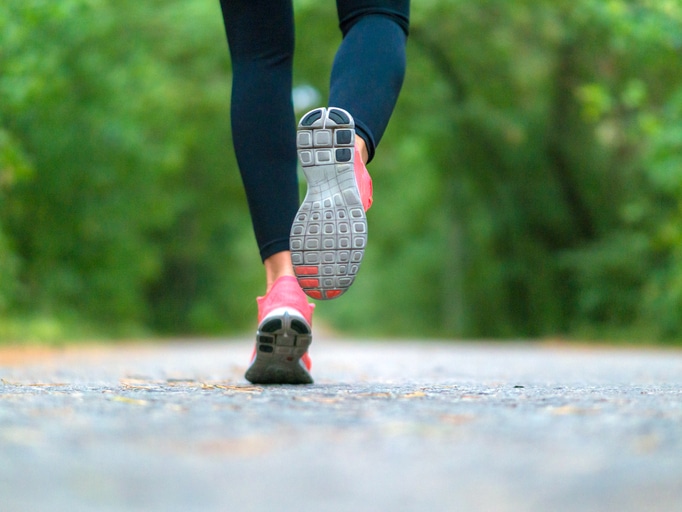In anticipation for the start of this weekend’s Canberra virtual marathon, an expert from the Australian Catholic University (ACU) has busted the old runner’s myth on carb loading.
The annual running event has been postponed until April 2021, however, organisers are holding a smaller virtual event for those looking to take part.
ACU exercise physiologist Andy King has advised participants that contrary to popular belief, runners don’t need a weeklong carb load to succeed.
“The old idea of this sustained period of carb loading is just that – an old idea,” he said.
“It’s misleading to think you have to run yourself empty then eat like a horse in the week before a race.
“Yes, carbohydrate is important for prolonged exercise, but the body’s carbohydrate stores only have a limited capacity, and the right strategy can provide a top-up before race day.”
The online event will have participants run a distance of 5.4km, 10km, 21.1km, 42.2km or 50km between 7 and 15 November, and upload their results to be ranked against other runners in their age group and distance.
Through the app, family and friends of participants can all track their run in real time.
On a regular race weekend, the event draws thousands of runners who can usually rely on electrolyte drinks or other hi-carb nutrition to be provided over the course of the race.
Dr King has advised that it might be a little trickier for participants to plan their own nutrition throughout their run.
He said carbohydrate drinks, gels and food consumed on the day of and during the race will benefit participants.
“This will likely far outweigh the effects of ‘carb loading’ but be careful not to take on any nutrition that you haven’t tried in training,” he said.
“It doesn’t have to be complicated. The best thing you can do is eat well in the 24 hours before a race, include a good carb-friendly breakfast, and stay hydrated.
“It doesn’t all have to be pasta either. Potatoes, rice, and grains like couscous are really good alternatives.”



